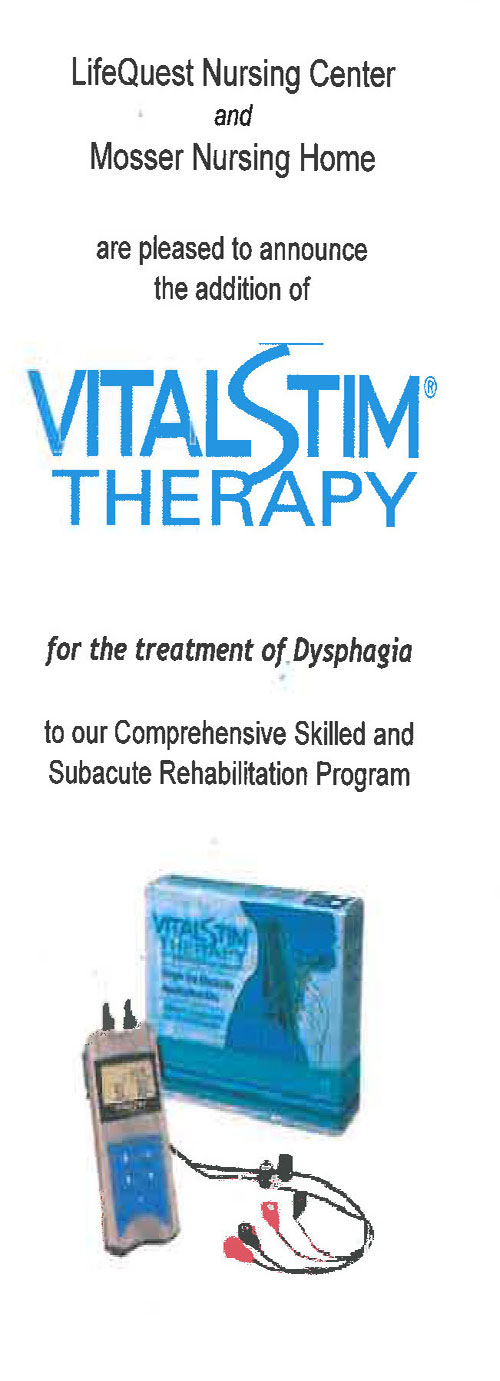Not only can music be entertaining, but it can also promote healing and ease stress for people of all ages. A recent post (January 18, 2014) on AskDoctorK.com, shows just how music can affect our health. Here’s what Dr. K. had to say about the benefits…
Dear Doctor K: I believe music helped my mother recover after her stroke. Is there a connection between music and health?
Dear Reader:
The ancient Greeks certainly thought so: They put one god, Apollo, in charge of both healing and music. Recent medical studies seem to confirm what the Greeks thought. Music seems to slow heart rate, lower blood pressure and reduce levels of stress hormones. It can also provide some relief to heart attack and stroke victims and patients undergoing surgery.
How does music exert these benefits? Some research suggests that music may promote the brain’s ability to make new connections between nerve cells.
Another idea is that it works its magic through its rhythms. Humans are rhythmic beings: Our heartbeat, breathing and brain waves are all rhythmic. The human brain and nervous system are hard-wired to distinguish music from noise and to respond to rhythm and repetition, tones and tunes.
Not long ago I had a vivid example of that. I was late to attend a concert because of a noisy traffic jam with lots of honking. I parked the car and entered the theater. The concert had already started, and the music was louder by far than the sound of the traffic I had just left behind. But despite its volume, the sound of the music made me feel instantly at peace. I had left a world of disordered noise, and entered a world of ordered sound.
As you suspect may be true of your mother, there is some evidence that music can help with stroke recovery. One study enrolled 60 patients hospitalized for major strokes. All received standard stroke care. In addition, one-third of the patients listened to recorded music for at least one hour a day, another third listened to audiobooks, and the final group did not receive auditory stimulation.
After three months, verbal memory improved 60 percent in the music listeners, compared with 20-30 percent in the audiobook group and to the patients who did not receive auditory stimulation. In addition, the music listeners’ ability to perform and control certain mental operations improved by 17 percent. The patients in the other two groups did not improve at all.
Music therapy also is used to help patients with balance and coordination. A program designed to train older adults to walk and perform various movements in time to music helped improve their gait and balance when compared to their peers.
I introduced a friend with severe Parkinson’s disease to a friend who was a singing teacher. I thought singing might help him cope with his disease. When my friend with Parkinson’s disease would find himself “locked” and unable to walk or use his arms much, he would burst out singing a few notes of an aria — which unlocked his legs.
Finally, music can relieve stress. It can improve mood, even in people with depression. And it can lower heart rates, breathing rates and oxygen demands in patients who have recently suffered a heart attack.
Music not only “has charms to soothe the savage breast.” It also helps us to heal.
Dr. Komaroff is a physician and professor at Harvard Medical School.





